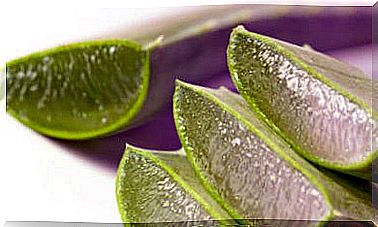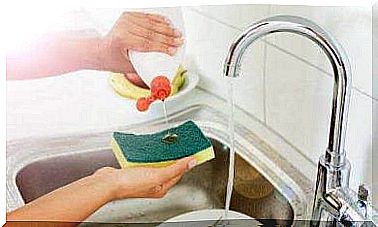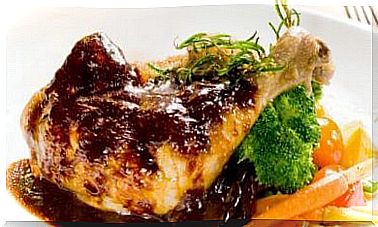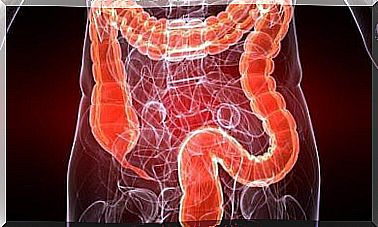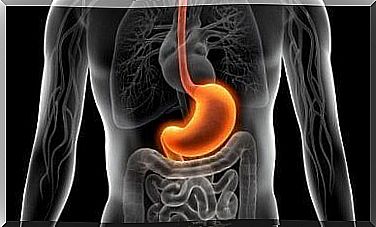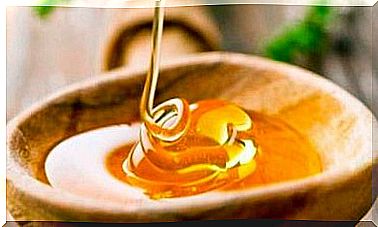The Causes And Consequences Of Bruxism
If you suffer from bruxism, you should avoid aggravating factors such as anxiety, stress, taking certain medications or drugs, or even the consumption of alcohol or tobacco.
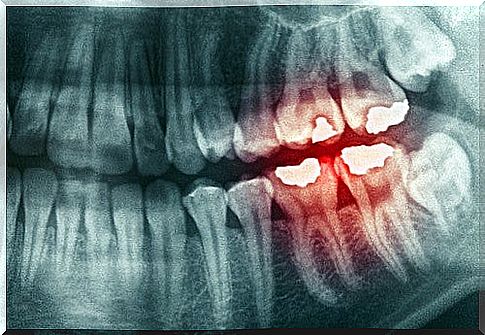
Bruxism involves clenching your teeth and making them grind together involuntarily.
This often happens when people fall asleep, but it can also arise when one is awake.
It is true that the exact cause of the disease is not yet known, but it is already known that stress and anxiety play an important role in it. Indeed, these can trigger the disease.
Likewise, it is possible that certain drugs are also involved in developing bruxism. Alcohol, tobacco and drugs, among others, could also cause it.
What are the consequences ?
Over the long term, clenching or grinding your teeth can cause:
- Problems in the temporomandibular joint.
- Inflammation centered on the muscles in this area.
- Premature wear of the teeth.
- Dental fractures.
- Headache and pain in the ears.
- Sleep disturbances.
- Loss of tooth enamel.
- Excessive tooth sensitivity.
- An enlarged chewing muscles (the masseter muscle).
Are there any treatments for bruxism?
You can resort to the use of mouth guards (splints). They protect teeth from the pressures of clenching or grinding teeth.
You can also use massages to relax the muscles of the face, especially the jaw area, neck and shoulders.
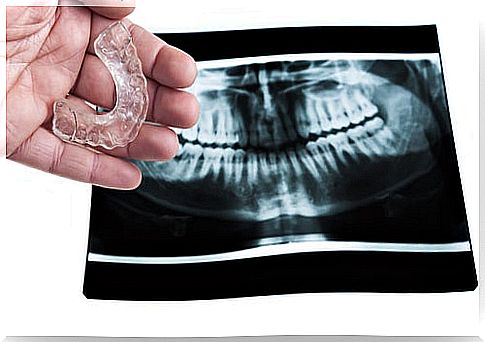
Obviously, in terms of prevention, it will be necessary to avoid the triggers. In this case, we speak of anxiety and stress.
Natural remedies for bruxism
We will use plants that have relaxing and restful benefits. This will eliminate tension and nervous situations that put us on edge.
The boldo
So make an infusion with boldo! Take 2.5 grams of dried leaves in 100 ml of water. Drink it before going to sleep. Avoid mixing this type of infusion with other medicines. Do not consume it for more than 4 consecutive weeks.
Chamomile
Consume infusions of a spoonful of dried chamomile flowers. Drink a cup before going to bed. Avoid them during pregnancy.
Valerian
Make herbal teas with about 15 grams of valerian root. Then let everything sit overnight. Also avoid its use during pregnancy and breastfeeding; it should not be given to young children either.
Marjoram
For this infusion, you will need to take 5 grams of leaves and flowering tops in 250 ml of water. You can drink it three times a day.
Lemon balm
This time, just make an infusion with just a pinch of the dried leaves. We put them in a cup of water for about fifteen minutes. Then we drink three glasses a day.
Relaxing baths
Thyme
You can take a relaxing bath very easily. Add a generous amount of thyme flower infusion to your tub water.
Sage
Make sage infusions. Take three tablespoons of the dried plant for one liter of water. Then add this infusion to your bath water.
These relaxing baths can be done for 15 to 20 minutes.
Apply heat
Soak a towel in hot water (make sure the temperature is comfortable). Then remove the excess water and place the towel on both sides of your face. It will help you relax stressed muscles.
Music therapy
Here is a technique full of benefits! Listen to music to change your mind. This will help relieve your fears that accumulate during your daily activities.
Food
A diet rich in calcium helps us protect teeth that wear out due to bruxism.
What foods are rich in calcium?
- Vegetables such as spinach, onions, watercress, chard, broccoli, etc.
- Other vegetables like white beans, chickpeas, soybeans, lentils.
- Milk and dairy products, as well as eggs.
- Fish, shellfish and crustaceans.
Avoid eating dried fruits. They are hard, which could make your jaw pain worse.
Other tips
- Drink a glass of lukewarm milk before going to bed.
- Learn to react calmly to things, and do so with a positive frame of mind.
- Perform relaxation exercises. For example, when you go to bed, breathe slowly and deeply. Also do this in any situation that generates anxiety or stress.
Remember: If you wake up with jaw pain for no apparent reason, you may have bruxism.
